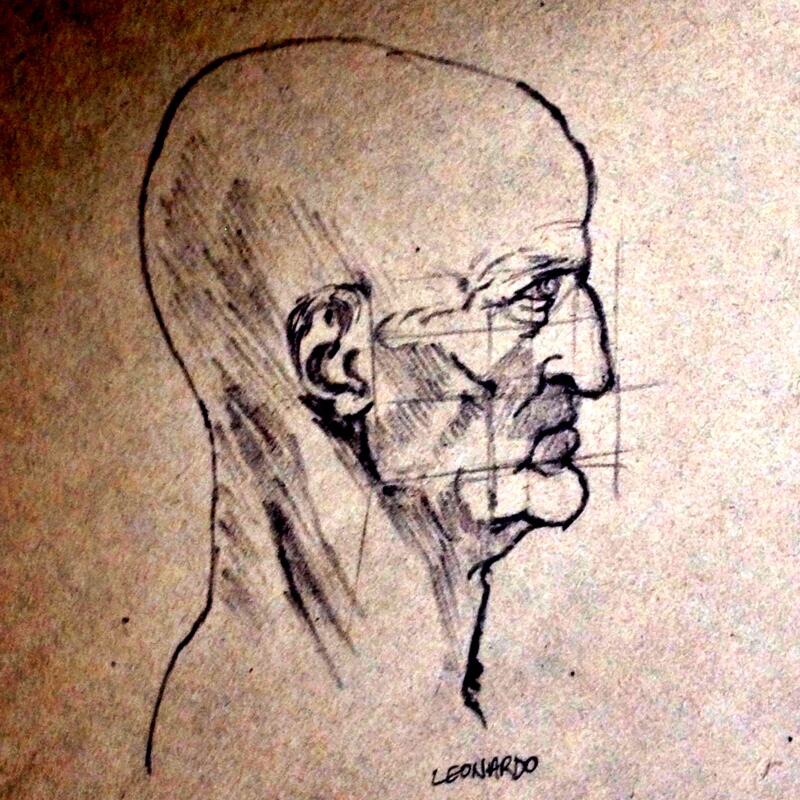The body is the teacher.
I am the student.
The mind is the space where the teacher and the student meet.
You are not the body. You are not the mind. Mind is just empty space. It is like a large room. It can seem spacious, calm, and open; or it may seem tight, confined, and cluttered. We can fill up all the space of the mind, or we can declutter and open it up. But whether filled or unfilled, it is just space. We like to think of the mind as a mechanism of control, as a center and originating point of action. But if we look deeply we see that it is just empty space.
We think we know the body. We think we can comprehend it. We think that we can lay hold of it, own it. Typically, we start out believing that we are the body. We may make no distinction between I/me and the body. Or we consider the body to be our servant or slave, or like a dumb animal that we simply control and use as we see fit.
Of course, these are ways that we can relate with the body. The body allows us to ignore it, neglect it, and abuse it. But there is another way we can relate with the body. We can see the body as a kind, wise, and patient teacher. We can cultivate an attitude of reverence, gratitude, and devotion toward the body.
We revere great teachers like Buddha and Christ. But the body was Buddha’s teacher. The body was Christ’s teacher.
For several years Buddha sought to attain liberation from suffering through subjection of the body. That is what asceticism entails. Buddha became the ultimate ascetic, denying the body everything it needs to maintain health. He starved the body, eating as little as one grain of rice per day. He subjected the body to extreme pain and discomfort, lying on beds of nails and standing and sitting in the same position for days on end. His body became so frail that his backbone could be seen from the front. The end result of this extreme abuse of the body was not enlightenment but only the immanence of death.
It was not until Buddha abandoned this asceticism and adopted a new way of relating to the body that wisdom arose. He remembered the simple goodness of life and recognized his dependence on the body for experience of this goodness. A little girl appeared and offered him food. He accepted this gift and ate. He began to care for the body. The food nourished and strengthened the body, and he sought out a pleasant spot in the shade of a tree. It was at this point that Buddha attained enlightenment. And for the rest of his life he continued in this way of relating with the body with reverence and care.
This is the essence of incarnation.


Leave a comment